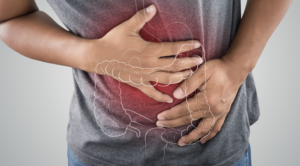
Understanding Colon Cancer
Let’s dive into the world of colon cancer—a significant health concern that affects countless lives. Colon cancer ranks as the third most common cancer-related cause of death in the United States. Colon cancer takes root in the large intestine affects 1 in 23 men and 1 in 25 women at some point in their life. In this article, we’ll learn about colon cancer, explore its signs and symptoms, delve into its root causes, understand treatment options, and arm you with natural strategies to support your well-being.

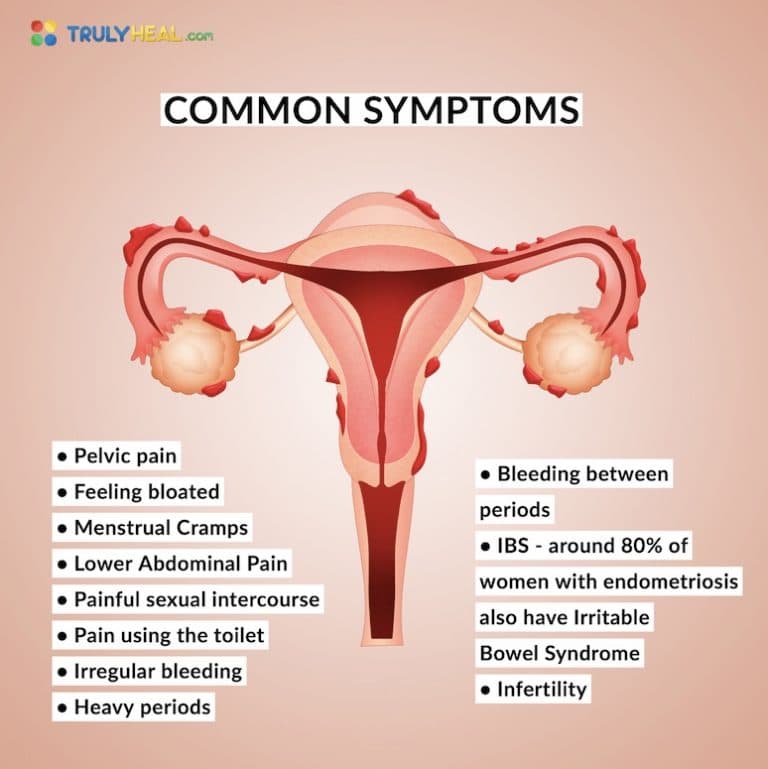
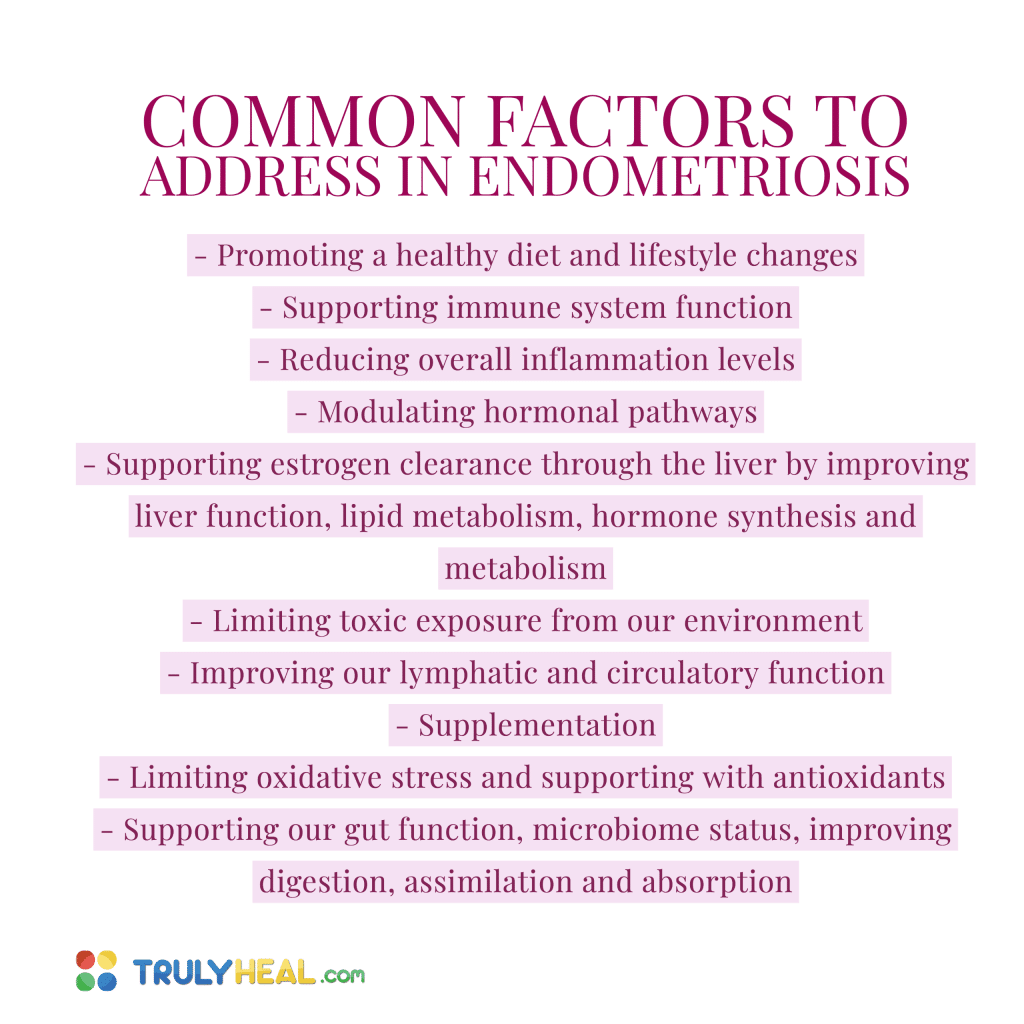
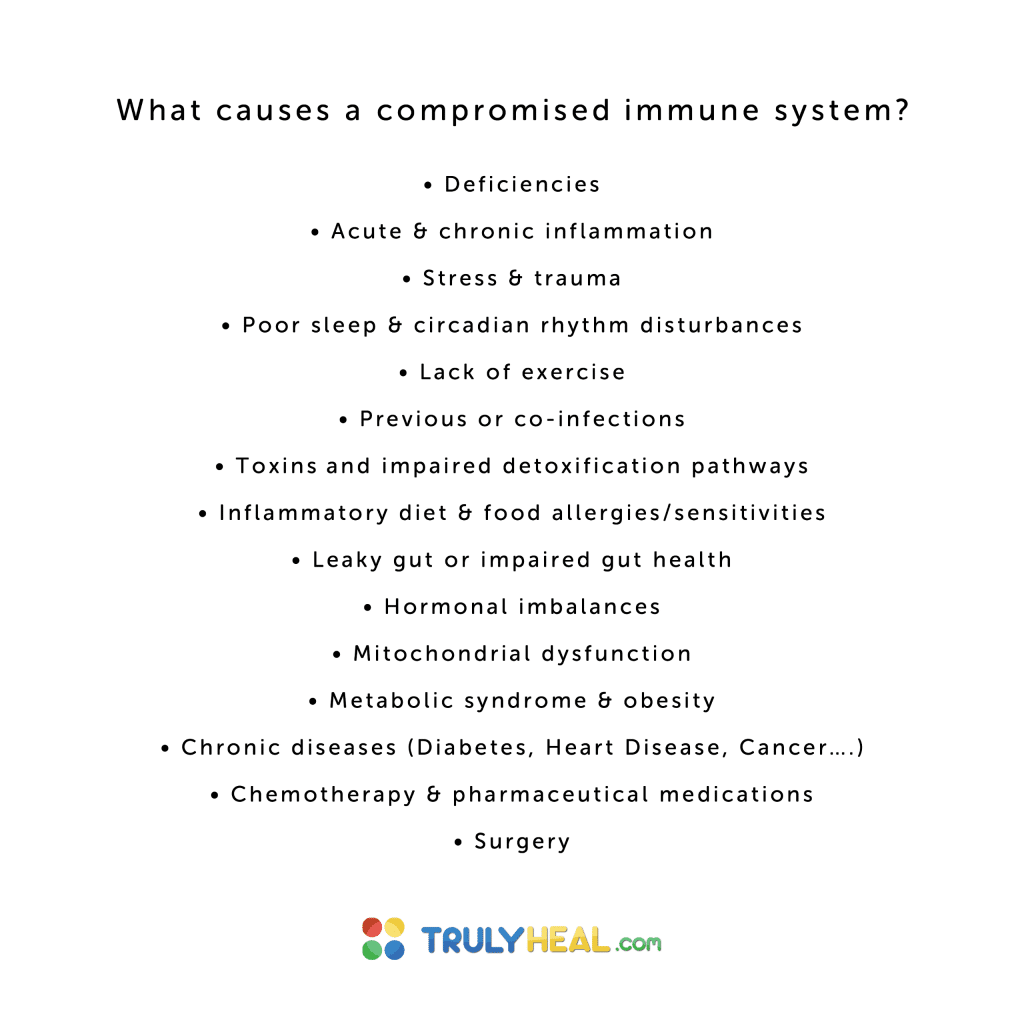
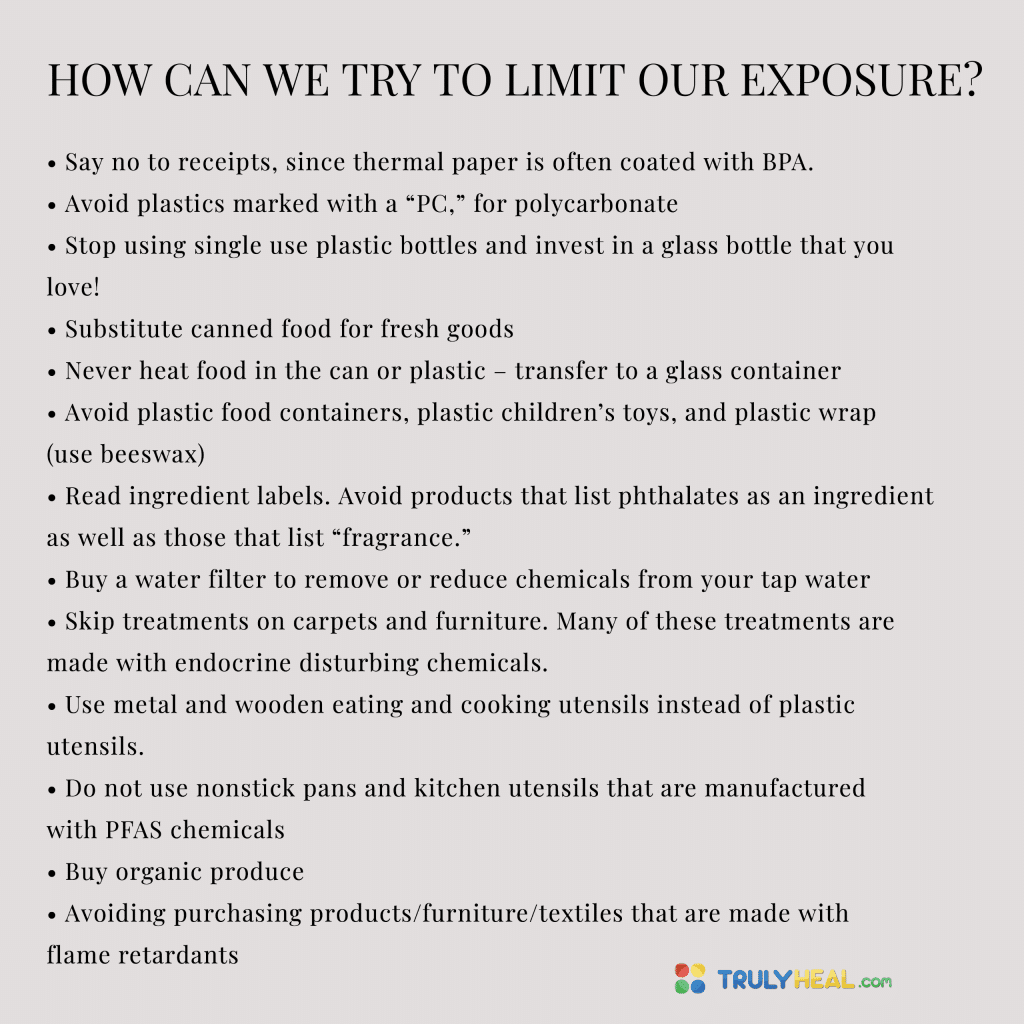
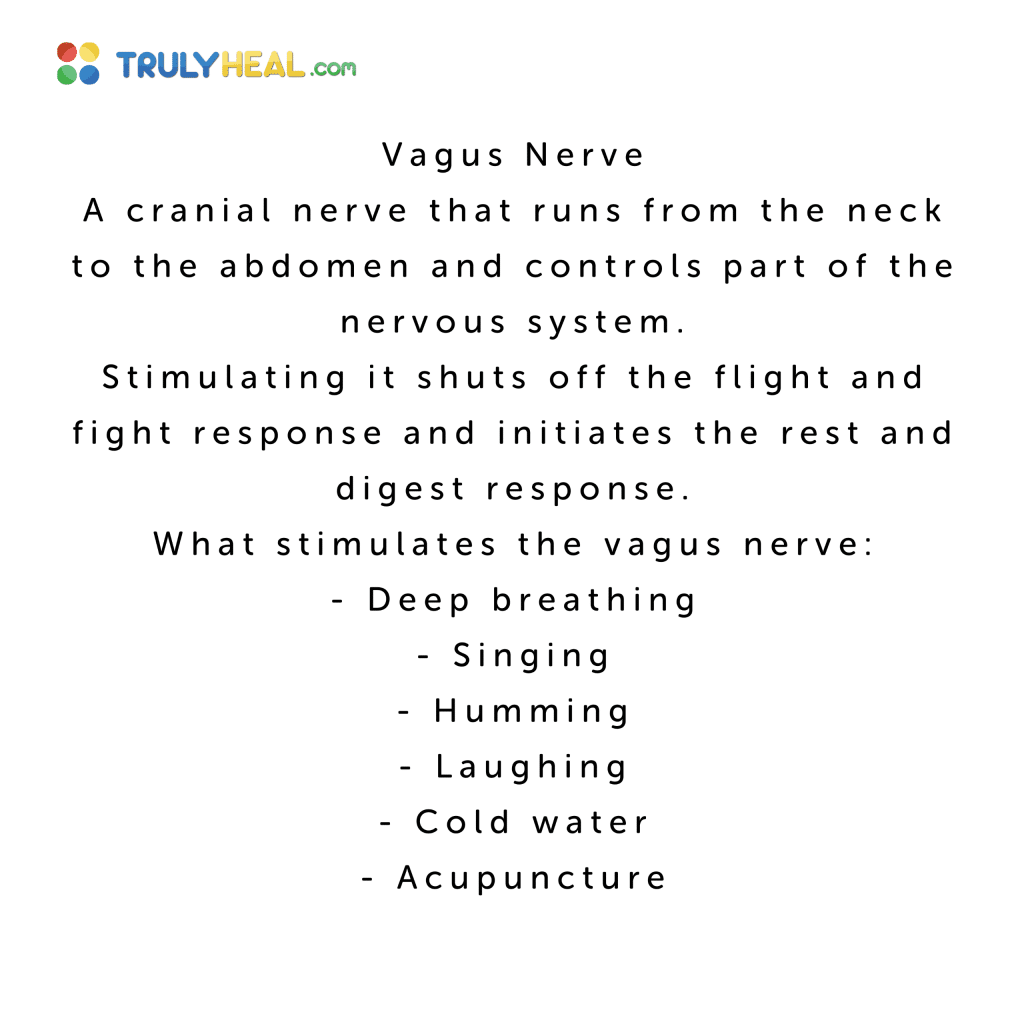

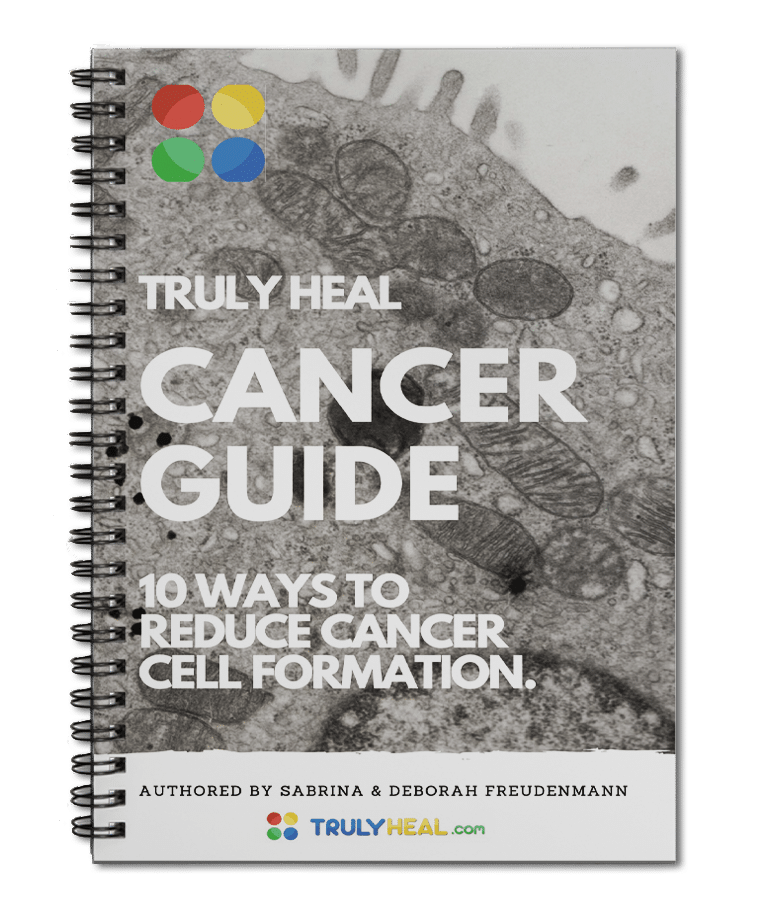
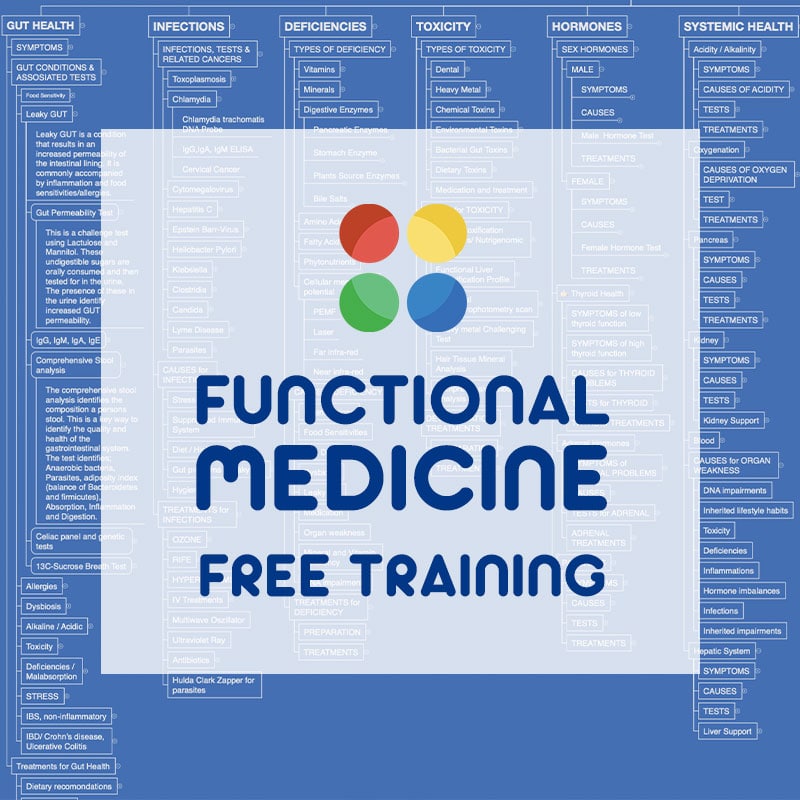


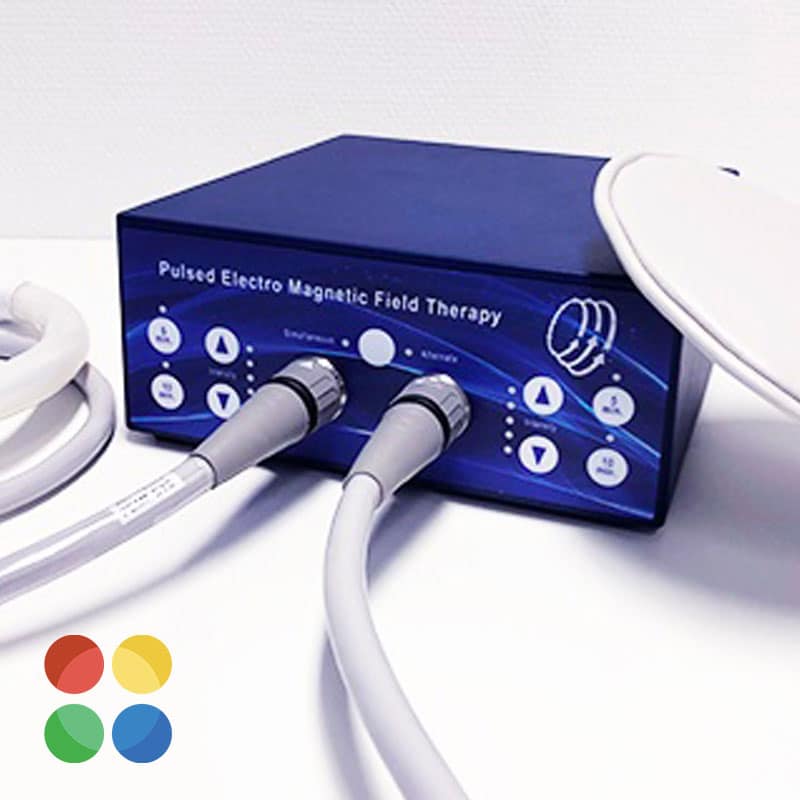

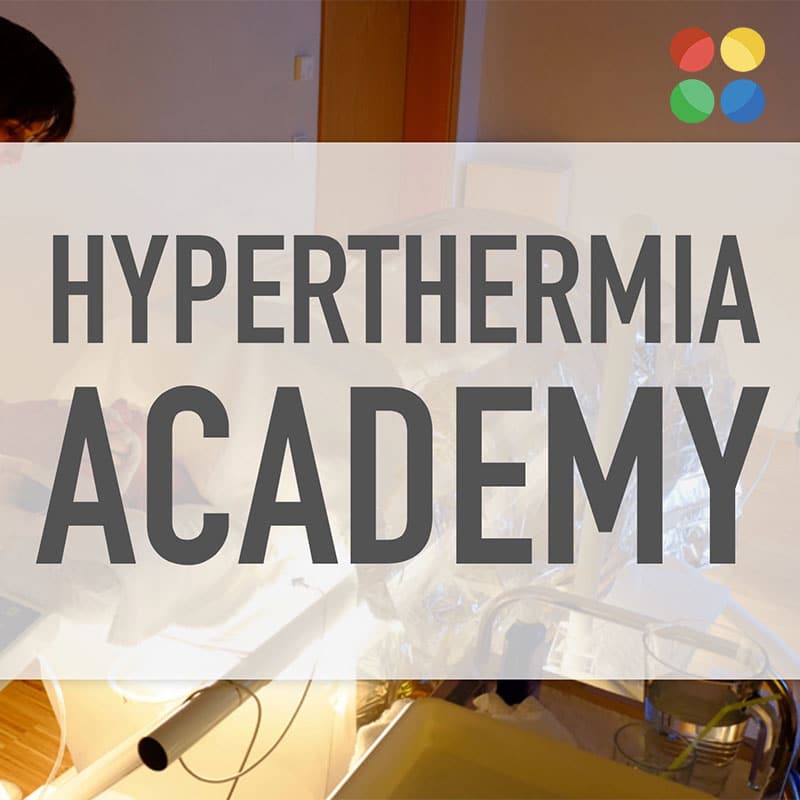


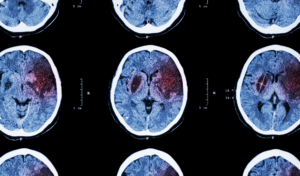
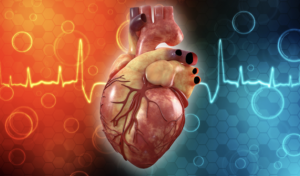
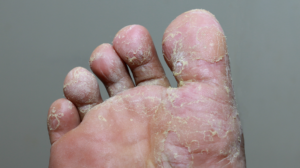
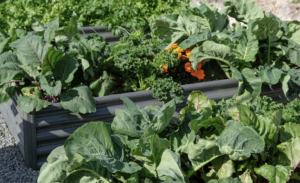
4 Responses
Hi Deborah.
I thank you for your e-mail. You done a very professional job on your subject of Endometriosis, it was outstanding
You covered every thing from A-B. Your father must be proud of you. Keep the good work up Deborah. We need people like you..
I definitely am. She is amazing and has such a big vision for TRULY HEAL. Nice to see also that a lot of younger people join our ranks to carry this knowledge into the future. Bless you all.
Thank you, Deborah, for this in-depth article on endometriosis. I will file it away carefully for future use. Very useful.
Thank you, that is wonderful to hear!